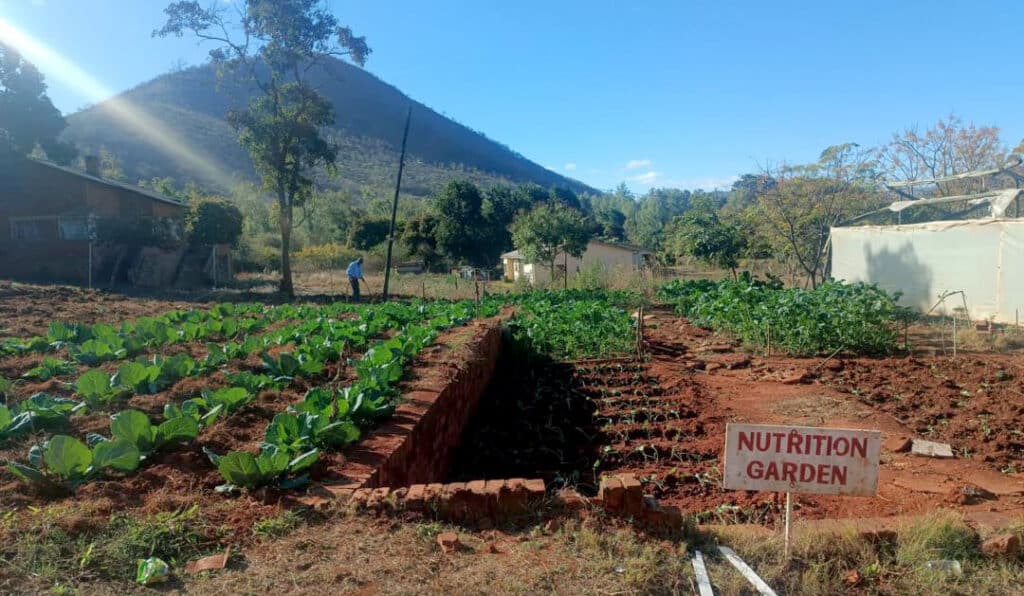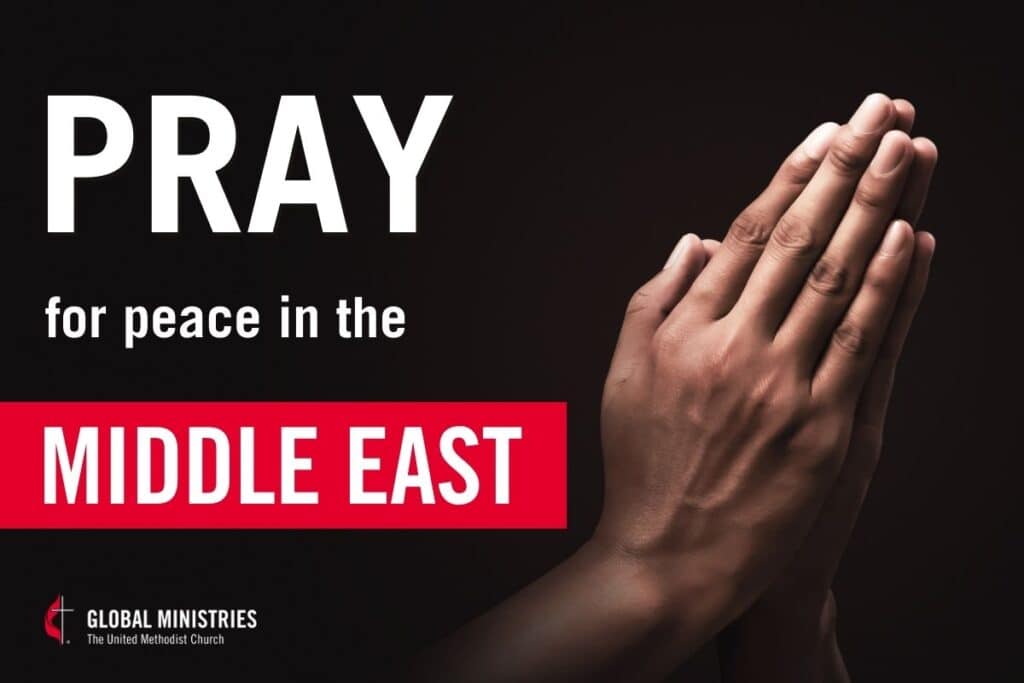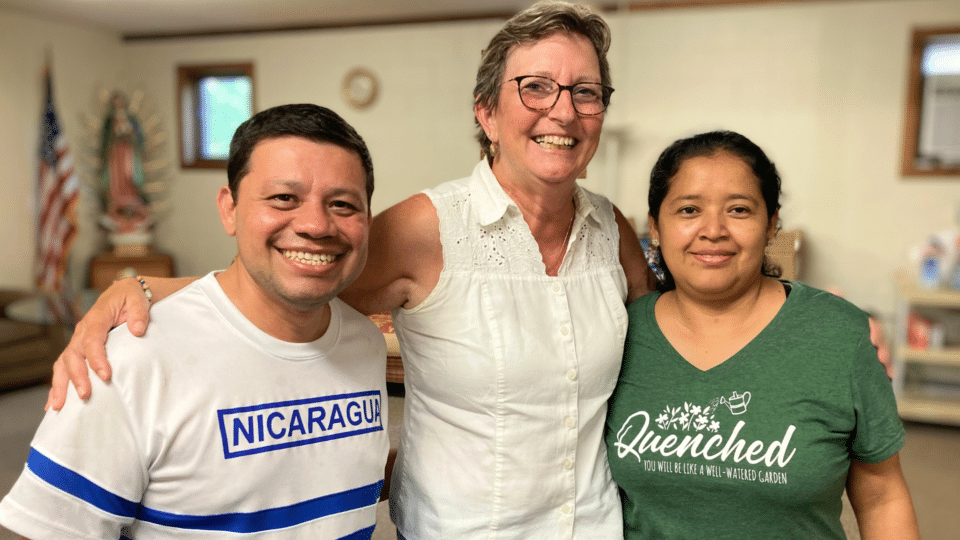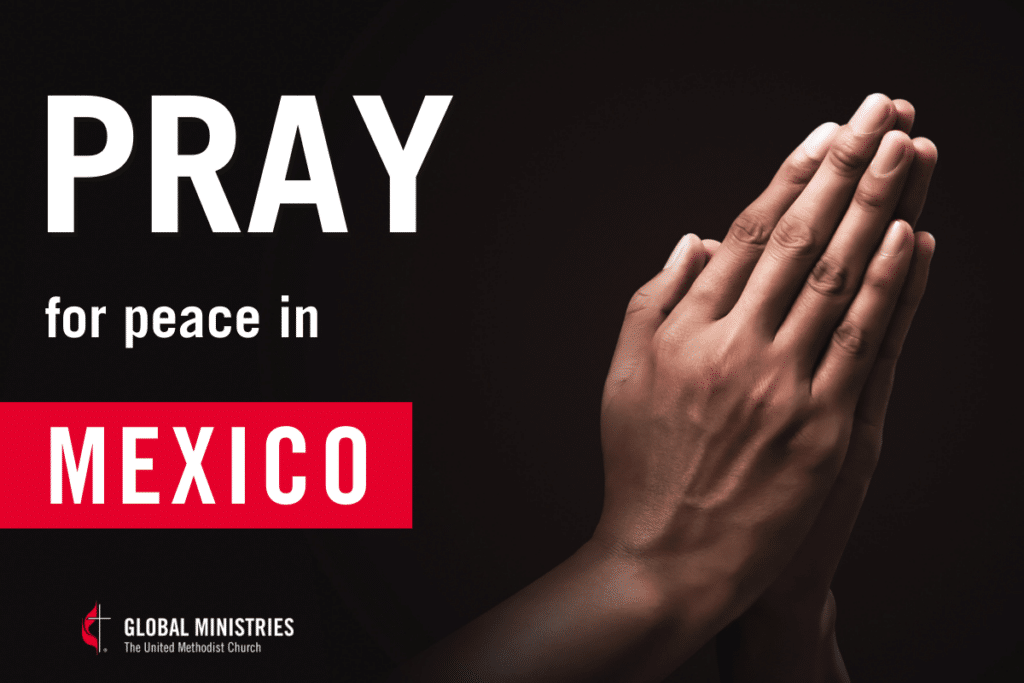ATLANTA — Lisa arrived at Old Mutare Mission Hospital in Zimbabwe almost a month before her delivery date. She lives more than 37 miles from the hospital, the closest to her home. She came to stay at the Waiting Mothers’ Shelter to be sure she could give birth in a medical facility. The shelter was just refurbished last year with the help of some outside supporters. The labor and delivery units were expanded and new equipment installed using grants from Global Ministries.
In many medical facilities across Africa, patients’ families are expected to provide all or some food during their stay. Fortunately, Old Mutare established a large garden last year to grow nutritious food for patients. “The vegetables we now eat are grown in this garden. I do not have to ask my relatives to bring me vegetables from back home,” said Lisa.
The garden was possible because the water system had also been reconstructed, with new storage tanks. The Zimbabwe Episcopal Area Health Board has been working on improvements to Old Mutare Mission Hospital over time, as well as to two other United Methodist hospitals, Mutambara and Nyadire, several smaller clinics.
Every year, the Global Health unit of Global Ministries awards grants to health boards and other United Methodist partners to support improvements in health care and administration. In addition, some episcopal areas receive grants for Mother, Newborn and Child Health; prevention and treatment of communicable and noncommunicable diseases; and for major infrastructure and facility improvements increase health care for everyone using the services.
Global Health partners with health teams from 14 sub-Saharan countries, encompassing nine United Methodist episcopal areas. The UMC supports hundreds of health facilities – hospitals in some cases and many small, remote clinics. Currently, about 190 health facilities are working on grant projects.
Basic health requirements for babies…and everyone else
Working through partners that oversee the work of United Methodist health facilities in Africa, Global Ministries has helped to improve health services in many African countries. Health partners track the progress in their facilities, gathering information on their patients and services, the kinds of health problems they encounter, length of treatment, medical supplies and medicines. With reliable data, Global Health reports reaching, on average, more than a million beneficiaries each year. Last year, 48 grants were awarded among the health boards with 24 additional grants to other partners for a total of $5,291,657.
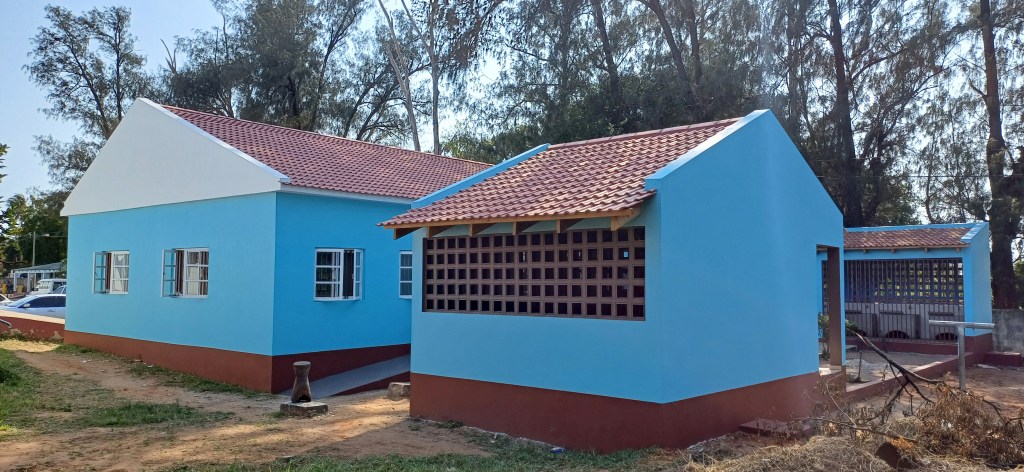
Reconstructing maternity and delivery wards and building new mothers’ shelters improve the conditions in which babies are born. But it takes much more to keep a baby thriving once he or she leaves the hospital.
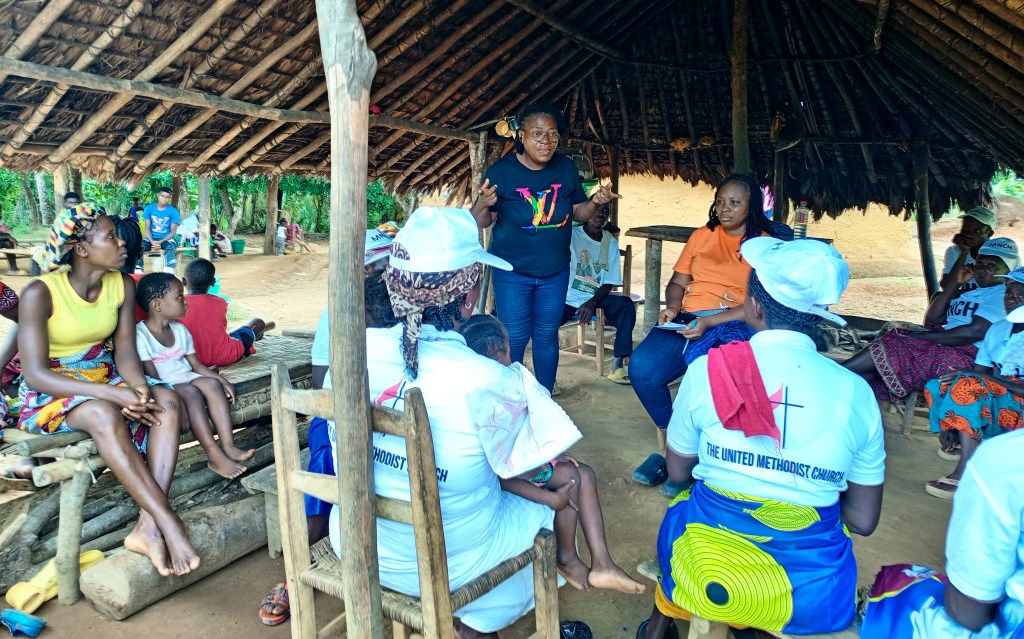
United Methodist health teams have created community outreach programs that spread health information on the importance of prenatal care, giving birth in medical facilities, returning to the doctor for check-ups, vaccinations, and how to prevent malaria and other diseases and provide food with better nutritional value.
Some health facilities have staff that visit communities and set up clinics for health checks. Others train volunteers to give out important health information in their communities.
When major grants are released for reconstruction or building new facilities, water infrastructure is often included in the building plans. Clean water goes a long way in preventing disease. Most facilities open new wells and other clean water sources to the surrounding community.
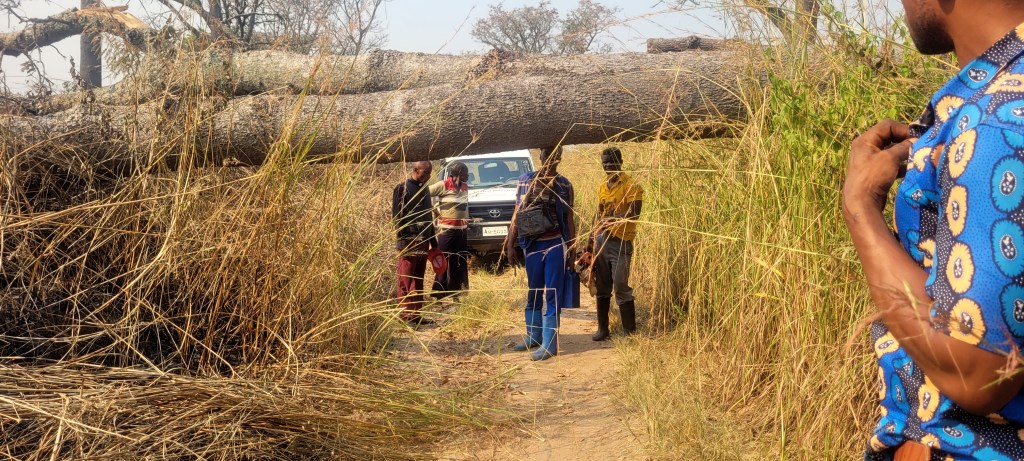
Transportation is another factor for remote health clinics and hospitals to consider. Few rural residents have cars, and some communities lack roads altogether. Stocking facilities with supplies and medications is a constant challenge in some remote areas, especially in rainy seasons. Reliable vehicles are sometimes part of the plan in a health administration budget so conference staff can get to the facilities to assess operations.
Celebrating good health for all
The first UMC health boards were developed by UMCOR when Imagine No Malaria collected significant funding for malaria awareness, net distribution and treatment. The campaign needed organized and efficient ways to distribute supplies, information and medicines, that included follow-up by UMC health facilities. The creation of health boards worked so well to coordinate responses that the Global Health unit was developed to extend the work and further explore ways to improve health outcomes.
Today, United Methodist health boards and other partners have expanded their mission as professional health administrators. Even with the uncertainty of government aid, especially from the U.S., the mission of church-related health facilities, which draw support from larger religious and nonprofit networks, continues. They often serve in remote places among the people who need them the most. Family members the world over love and cherish their children, and in God’s eyes, every baby is a gift and a promise for abundant life.
Christie R. House is a consultant writer and editor with Global Ministries and UMCOR.
Global Health
Through United Methodist conferences and health boards, Global Ministries works to strengthen whole networks of health responses, from revitalization of facilities and staff training to building better water sources, developing sanitation facilities and promoting nutrition. Global Health concentrates on preventing, testing and treating those affected by preventable diseases, such as malaria, HIV and AIDS, and COVID-19, and supporting the most vulnerable populations, including mothers, newborns and children.
